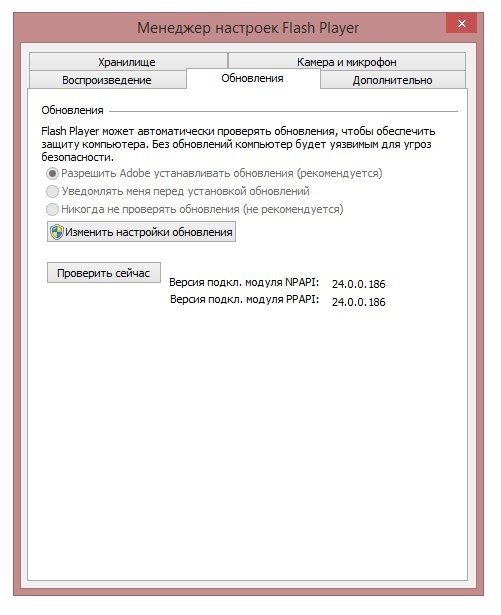

Last year, Mozilla had pegged March 2017 for the end of NPAPI support.įirefox 51, which Mozilla released Jan. (Edge, IE's successor, never supported ActiveX.) And although Apple's Safari still supports NPAPI plug-ins, the browser has aggressively deprecated their use Safari now blocks plug-ins from launching automatically, for example.īrowser makers have characterized the elimination of NPAPI plug-ins as a security and stability move meant to improve anti-hacking defenses and keep the application up and running.įirefox 52, which has a ship date of March 7, is the first version of Mozilla's browser that will drop support for NPAPI plug-ins, with the sole exception of Flash, noted Michael Kaply, a consultant who specializes in customizing Firefox for businesses.

Netscape firefox flash plugin software#
Google banned NPAPI plug-ins from Chrome in 2015 and Opera Software followed suit last year in its flagship Opera browser, while Microsoft's Internet Explorer (IE) has always called on its own proprietary ActiveX architecture. NPAPI was long the plug-in default, but has now been blocked or barred from most browsers. Mozilla's plug-in prohibition will apply to NPAPI plug-ins, (Netscape Plug-in Application Programming Interface) a standard that harks back to Netscape, the 1990s browser that Microsoft buried in its antitrust-triggering battle over the browser market. The single exception to the ban: Adobe's Flash Player, which will continue to run, with limitations, in Firefox. Mozilla in four weeks will bar plug-ins built using a decades-old technology from Firefox, ending a years-long process designed to make the browser more secure.


 0 kommentar(er)
0 kommentar(er)
